Neuroscience
-
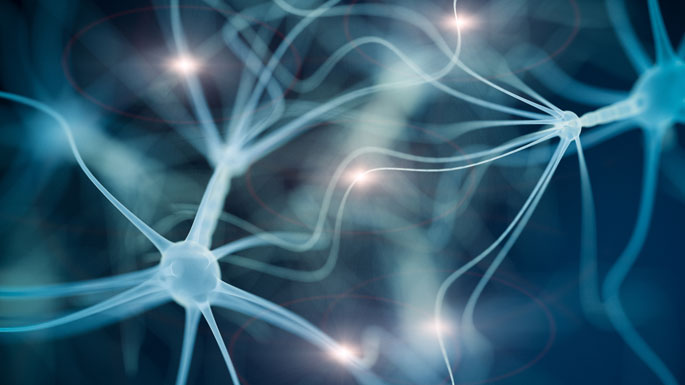
Neuroimaging study on decision-making seeks participants
The Affective Neuroscience Lab is recruiting healthy adults between the ages of 50-65 for a multiday study of the relation between brain chemistry and decision-making. The study involves tests of cognitive (thinking) ability, personality tests and brain imaging. Read MoreFeb 2, 2018
-

Vanderbilt signs licensing, research agreements to develop new approach to schizophrenia treatment
Under the terms of the licensing agreement, Lundbeck has exclusively licensed rights to compounds developed at Vanderbilt that act on a receptor in the brain that has been implicated in schizophrenia. Read MoreJan 8, 2018
-
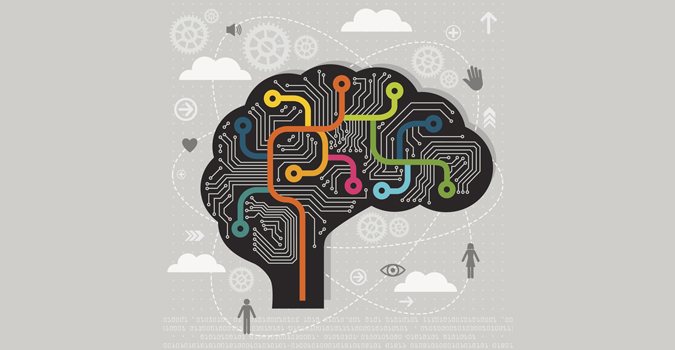
Adult males 50–65 needed for study on relation between brain chemistry and decision-making
The Affective Neuroscience Lab in the Department of Psychology at Vanderbilt University is currently recruiting healthy male adults, 50–65 years old, for a multiday study that attempts to understand the relation between brain chemistry and decision-making. Read MoreJan 5, 2018
-
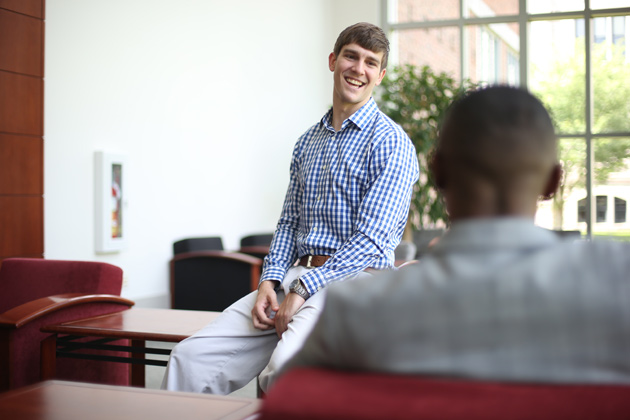
Law, neuroscience student earns NIJ fellowship
A student from the nation’s first joint law and neuroscience J.D. and Ph.D. program, housed at Vanderbilt University, has earned a $50,000 graduate research fellowship from the National Institute of Justice. Read MoreDec 6, 2017
-

Two Vanderbilt seniors awarded prestigious scholarships
Vanderbilt senior Logan Brown has been named a Marshall Scholar for 2018, and senior Jacqueline (Jami) Cox has been named to the third class of Schwarzman Scholars, both organizations announced Monday. Read MoreDec 4, 2017
-

Sorry, Grumpy Cat—Study finds dogs are brainier than cats
The first study to actually count the number of cortical neurons in the brains of a number of carnivores, including cats and dogs, has found that dogs possess significantly more of them than cats. Read MoreNov 29, 2017
-
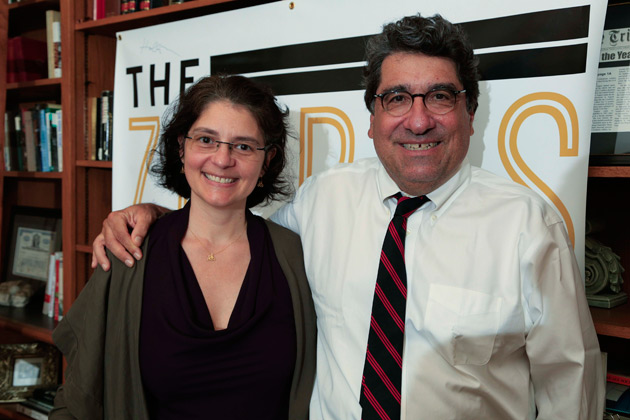
Neuroscientist Suzana Herculano-Houzel discusses the formation of remarkable brains—and minds—on ‘The Zeppos Report’
The latest episode of the podcast features Associate Professor of Psychology and Biological Sciences Suzana Herculano-Houzel and the groundbreaking research featured in her book, "The Human Advantage." Read MoreOct 16, 2017
-

Limited submission opportunity: 2018 David Mahoney Neuroimaging Program
Vanderbilt anticipates the opportunity to nominate one candidate for the 2018 David Mahoney Neuroimaging Program of the Dana Foundation. Read MoreOct 5, 2017
-

Adult participants needed for study on relation between brain chemistry and decision-making
The Affective Neuroscience Lab in the Department of Psychology at Vanderbilt University is currently recruiting healthy adults, 50–59 years old, for a multi-day study that attempts to understand the relation between brain chemistry and decision-making. Read MoreSep 28, 2017
-
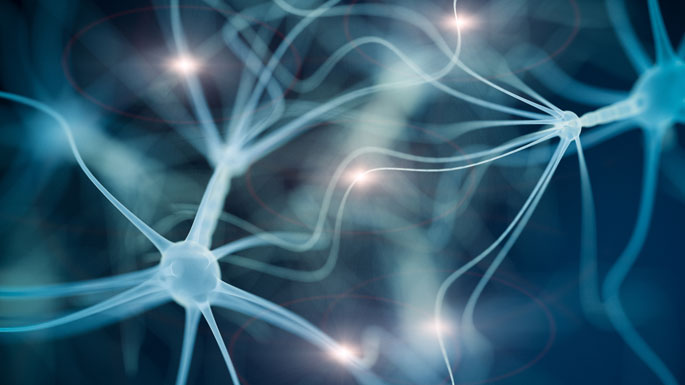
Goal of new tissue-chip research is to assess efficacy of novel epilepsy drugs
An interdisciplinary team of Vanderbilt University researchers has received a two-year, $2-million federal grant to develop an “organ-on-chip” model for two genetic forms of epilepsy. Read MoreSep 20, 2017
-
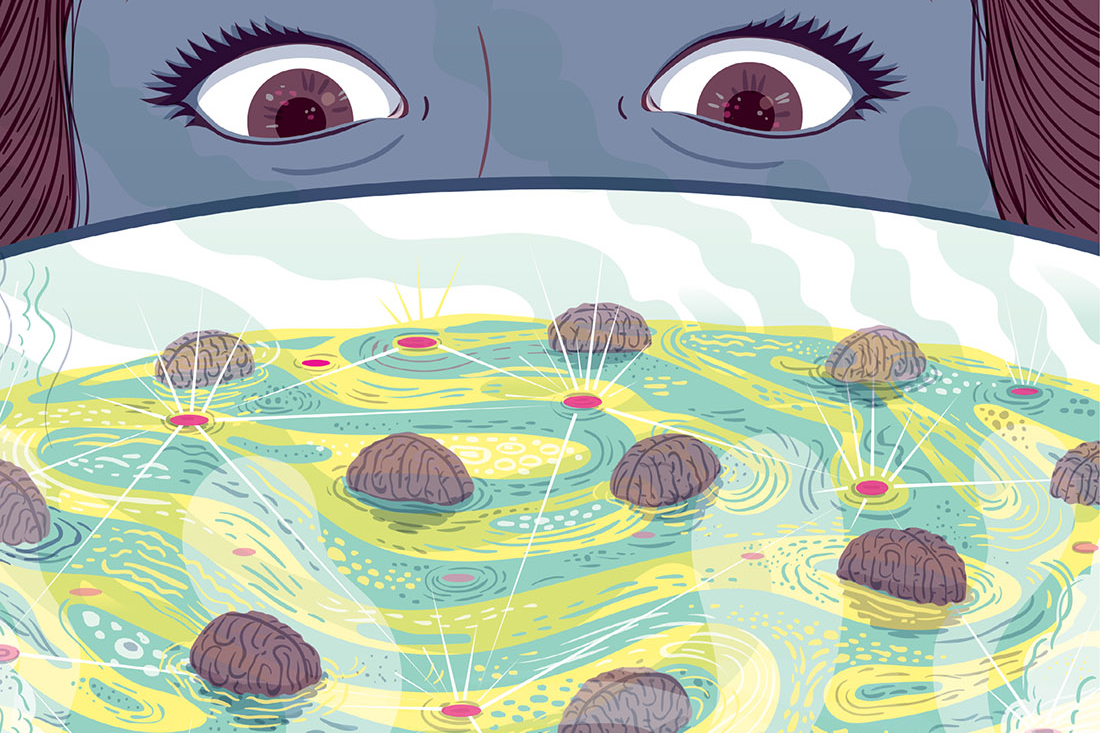
Brainiac: With her innovative ‘brain soup,’ Suzana Herculano-Houzel is changing neuroscience one species at a time
When she finally applied her "brain soup" technique to the human brain, Herculano-Houzel discovered we have an average of 86 billion neurons. Surprisingly, though, the neuron density is the same as in other primates, showing a clear evolutionary pattern from monkeys to humans. “We somehow manage to have this large brain with a large number of neurons; but it’s still just a regular primate brain,” says Herculano-Houzel. Read MoreSep 7, 2017
-

New research on Fragile X syndrome reinforces importance of early detection
New insights into the long-lasting effects of Fragile X syndrome on connections in the brain during early development highlight the importance of early detection and treatment. Read MoreAug 25, 2017
-
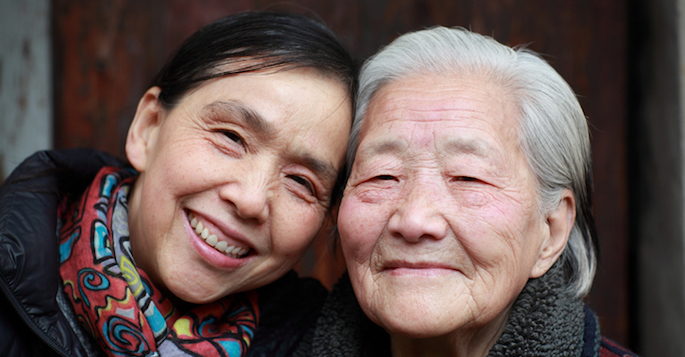
Vanderbilt begins Phase 1 trials of new Alzheimer’s drug
Developed at Vanderbilt, VU319 is designed to precisely target a specific neuron receptor associated with cognitive function while avoiding potentially dangerous side effects. Read MoreAug 7, 2017
-

Healthy adults ages 50-60 needed for neuromodulation study
This multiple-session study examines the relation between brain chemistry and decision-making. The study involves tests of cognitive (i.e. thinking) ability, personality tests, medical and psychiatric screenings and brain imaging. Read MoreJun 28, 2017
-

14 in engineering, A&S, Peabody earn NSF Graduate Research Fellowships
The National Science Foundation recently selected 14 Vanderbilt graduate students in fields as diverse as mechanical engineering and psychology to receive Graduate Research Fellowships. The fellowships are highly sought-after because they provide students with $34,000 annually for three years and the freedom to conduct their research at any accredited U.S. university. Read MoreMay 4, 2017
-
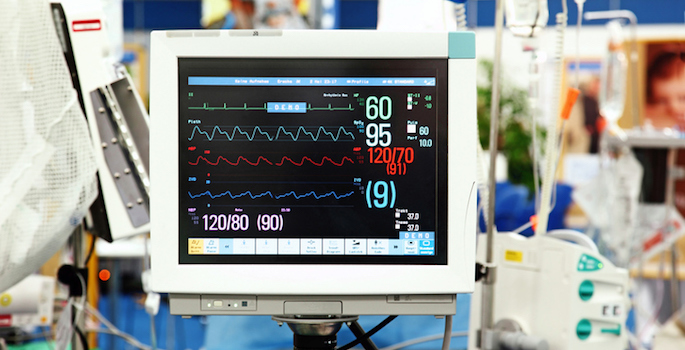
VU Inside: Cut the noise! New research making hospital alarms smarter and quieter
VUMC anesthesiologist Joseph Schlesinger is teaming up with undergrads in neuroscience and biomedical engineering to make hospital alarms better, quieter and easier to work with. Read MoreMay 2, 2017
-

Neuroscientists can measure criminal intent – at least in the moment
Intent to commit a crime is a crucial factor in determining prison sentences. A new neuro study suggests it is possible to measure subtle variations in intent while a crime is being committed. Read MoreMar 13, 2017
-
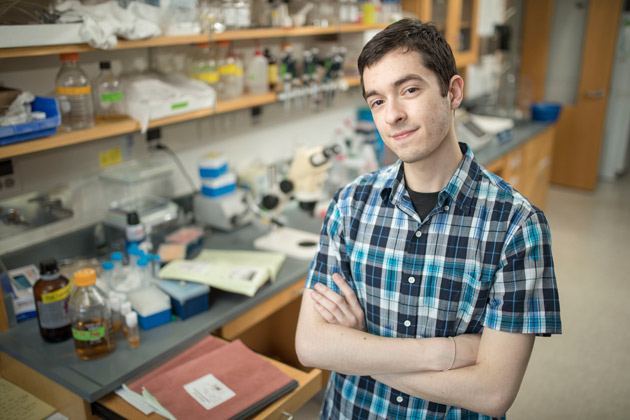
Arts and Science senior named Churchill Scholar
Jarrod Shilts, a senior from Boston, has been named one of 15 recipients of the Churchill Scholarship, which provides funding to pursue a master’s degree in a STEM discipline at Cambridge University in England. Read MoreJan 27, 2017
-
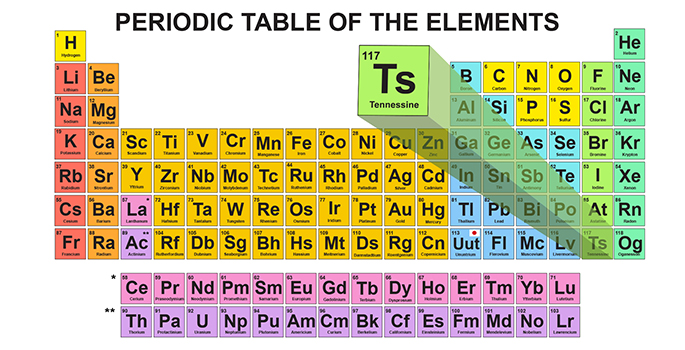
Research that ruled in 2016: Readers’ favorite stories
Artificial kidneys, gay-straight alliances and junkyard batteries captured readers' attention in 2016. Read MoreDec 16, 2016
-
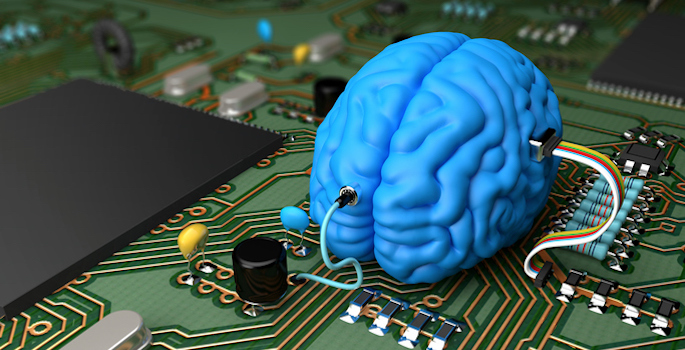
Blood-brain barrier on a chip sheds new light on “silent killer”
A new microfluidic device containing human cells that faithfully mimics the behavior of the blood-brain barrier is providing new insights into brain inflammation, the silent killer. Read MoreDec 6, 2016